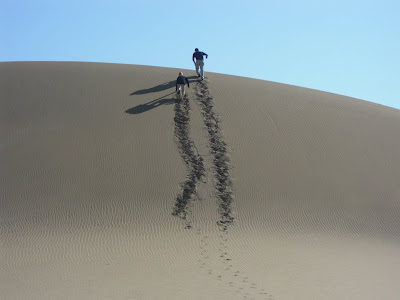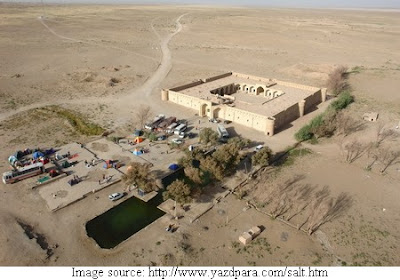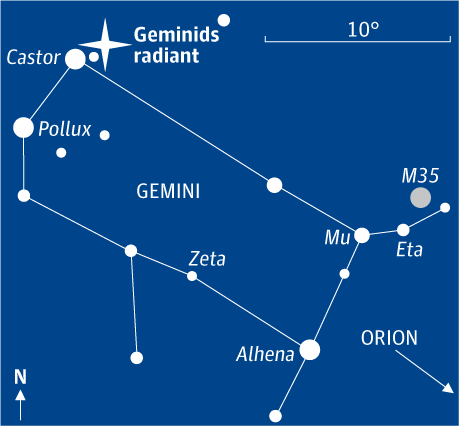owlice wrote:
I like this image a lot; it's very peaceful and captures the sense of sharing the AWE of the heavens with good friends.
AWE is taken from the Old English "
AGHE" , meaning '
DREAD'.
Never use a short word when a long one will do, especially if you are not certain what it means.
-------------------------------------------------------------------------------
AWE, n. [OE. ae, aghe, fr. Icel. agi; akin to AS. ege, ga, Goth. agis, Dan. ave chastisement, fear,
Gr. pain, distress, from the same root as E. ail. 3. Cf. Ugly.] Dread; great fear mingled with respect.
"His frown was full of terror, and his voice Shook the delinquent with such fits of
AWE." - Cowper.
-------------------------------------------------------------------------------
- Measure For Measure > Act II, scene IV
ANGELO: How often dost thou with thy case, thy habit,
___ Wrench AWE from fools and tie the wiser souls
___ To thy false seeming!
- King Henry IV, part II > Act IV, scene V
PRINCE HENRY: Let God for ever keep it from my head
___ And make me as the poorest vassal is
___ That doth with AWE and terror kneel to it!
HAMLET: O, that that earth, which kept the world in AWE,
___ Should patch a wall to expel the winter flaw!
- King Henry V > Act IV, scene I
KING HENRY V: ART thou aught else but place, degree and form,
___ Creating AWE and fear in other men?
___ Wherein thou ART less happy being fear'd
___ Than they in fearing.
----------------------------------------------
ART Contemplating the Sky
Contemplating the Sky



